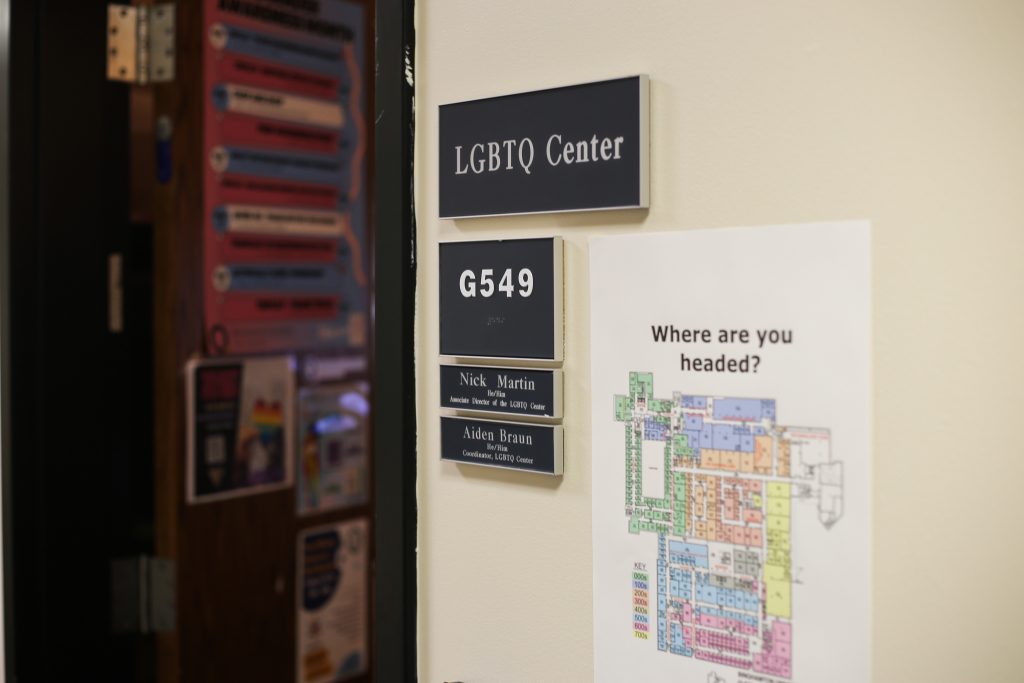Students and faculty shared their perspectives on the presidential election results at a private circle discussion spearheaded by UDiversity.
Jennifer Smith, UDiversity’s coordinator of restorative practices, hosted the postelection healing circle. In an interview, she gave a brief overview of how the healing circle was organized. Back in October, Alison Handy Twang ‘11, MPA ‘13, Ph.D. ‘22, the director of the Center of Civic Engagement, asked several departments to plan and organize resources to support students after the election. Smith offered to help by organizing postelection circles to provide an outlet for people to express their feelings.
“Restorative is all about relationship-building and healing,” Smith said. “So this is what we call a healing circle, and this is when we come together as a community when something has happened in our community, or an event has happened, and we’re coming together collaboratively to help each other heal, and that’s what this is all about here.”
Several guidelines were established to regulate the discussion, including showing respect for the speaker. Participants were encouraged to speak from their personal experiences as everything shared was confidential. When someone spoke, others were asked to listen to their perspective without interrupting, with an understanding that everyone is “at different levels of learning.”
There were four goals of the healing circle — creating a safe space for people to share their thoughts and feelings, building empathy for others while practicing listening skills, improving campus culture by promoting a better understanding of others’ experiences and helping each person grow through safe conversations.
The discussion started with an activity where everyone described their current mood as a weather condition. After addressing the discussion goals and agreements, the organizers led a grounding activity — a meditation where a video was played, instructing those in the circle to meditate on certain thoughts — to ensure attendees felt comfortable and safe in the environment.
Nicole Sirju-Johnson, the assistant vice president for Diversity, Equity and Inclusion, said in 2016, she was not prepared for what happened.
“So this time around, I wanted to just be able to hear what folks were feeling — if there was something that either I didn’t think about in trying to prepare to help, to offer resources,” Sirju-Johnson said.
After the grounding activity, participants discussed answers to a series of questions, of which Smith said she always has extra, especially depending on the people present and the answers offered. The questions focused on personal experience and feelings rather than instigating a political debate. Following the discussion, everyone shared a couple of words describing their experience.
According to Twang, the University and peers organized postelection services, like election-centered dialogues in classrooms, within student organizations and in living communities. Similar resources have been available for students after past elections.
“I think overall, I felt very heard and very safe in the space,” said Kayla Colon, the coordinator at the Multicultural Resource Center. “I feel like we all gave each other room to really voice our feelings, and after the conversation, I do feel like I felt a little bit better, like there was a sense of community and sense of ‘we’ll get through this together,’ regardless of what your beliefs are, regardless of what the outcome has been.”



